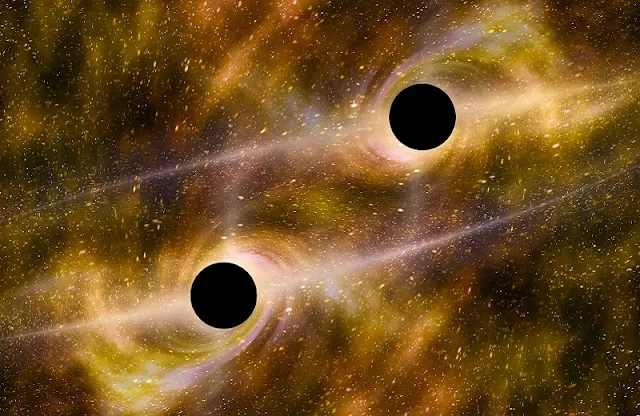Recent research suggests that primordial black holes, formed shortly after the Big Bang, may traverse our solar system about once every decade. Despite being incredibly small roughly the size of a hydrogen atom these black holes pack the mass of an asteroid.
What Are Primordial Black Holes?
Unlike typical black holes, which can range from a few times the mass of the Sun to billions of solar masses, primordial black holes are much smaller yet still incredibly dense. Their masses could vary from 100 billion to 100 million billion metric tons, similar to large asteroids.
How Could They Affect Earth?
According to studies published in 'Physical Review D' and the American Physical Society (APS), these black holes likely have minimal effects on the solar system. However, if one passes close to a planet, its gravitational pull might create slight but measurable changes.
For instance, Mars could experience a tiny wobble in its orbit, as noted by cosmologist Sarah Geller from the University of California, Santa Cruz. Additionally, satellite networks like GPS could detect slight disruptions in altitude if a primordial black hole passed near Earth, as suggested by cosmologist Sébastien Clesse and colleagues.
A Link to Dark Matter?
These black holes could hold answers to one of the universe’s biggest mysteries dark matter. Researchers speculate that studying the subtle gravitational effects of these black holes could offer new insights into the nature of dark matter, which plays a critical role in shaping the cosmos.
With advancements in technology, scientists may soon be able to detect the faint traces left behind by these elusive objects in planetary or satellite data. If the calculations hold true, these tiny yet powerful black holes could help unlock the secrets of the universe every decade.

.png)
